Sarah Raven says you shouldn't prune these 5 winter plants to support vulnerable garden birds
If you're looking to entice more birds into your garden this winter then you might want to hold off cutting back these plants
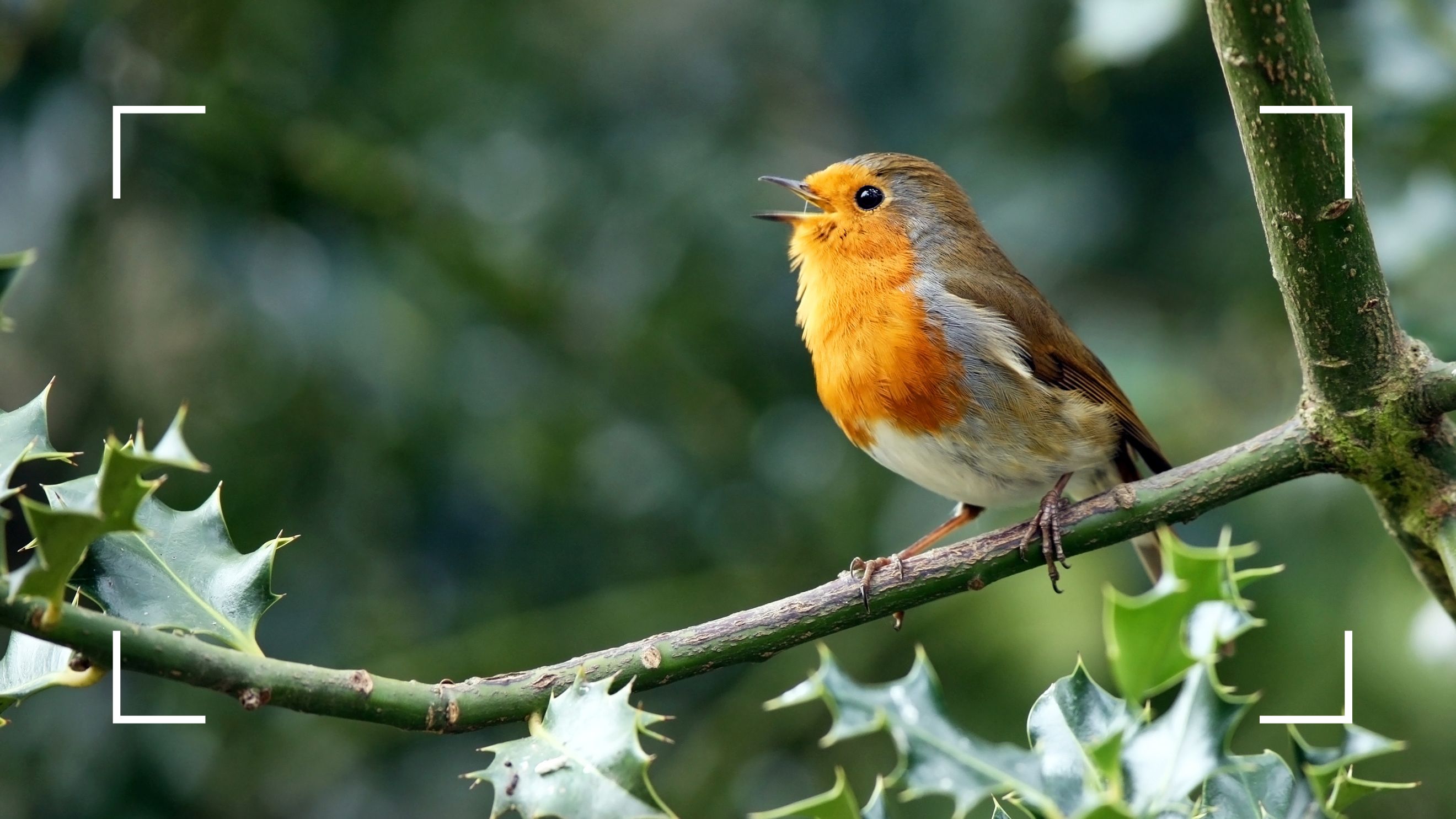

As the freezing temperatures arrive many of us will be retreating from our gardens to cosy up to the nearest radiator. Winter is also a struggle for wildlife, food supplies decrease and shelter is more important than ever.
This is why Sarah Raven has shared her valuable advice on the plants you should leave unpruned to keep birds safe and healthy this season.
While you might already make an effort to attract birds to your garden, it can be easy to forget when most of your time is spent inside during the colder months. Luckily caring for our feathered friends can be a low-effort affair and save you an extra job.
That's right, you can add these 5 plants onto your list of plants you shouldn't prune this autumn winter and keep the birds protected and fed whilst you're at it.
5 plants you shouldn't prune this winter to feed birds
Whether you fancy yourself a bird-watcher or like to attract birds into your garden to help with the slug population there's no denying the joy of seeing wildlife near your home.
Alongside knowing what's safe to feed the wildlife, gardening in a way that is conscious of the animals living in your space is also important.
So when we saw @SarahRavensGarden on Instagram sharing a reel on which plants and trees you should leave for the birds we had to share.
Sign up for the woman&home newsletter
Sign up to our free daily email for the latest royal and entertainment news, interesting opinion, expert advice on styling and beauty trends, and no-nonsense guides to the health and wellness questions you want answered.
A post shared by Sarah Raven (@sarahravensgarden)
A photo posted by on
The list includes verbena, panicum, red orache, rose hips and love-lies-bleeding. All of these will show signs of withering as the winter cold approaches, and while you may feel tempted to chop them back they still offer so many benefits to birds.
Speaking to Lucy Taylore the garden bird expert at Vine House Farm, we learn why it's imperative to leave these perennials to rot.
"The traditional approach to perennial garden plants was to cut them back as they die off in the autumn months, but we now know that waiting until the spring is typically better."
"Allowing the leaves and stems to rot down naturally where they grow helps enrich the soil and form a protective blanket for new growth in the spring, but the real benefit is to birds and other wildlife," she explains.
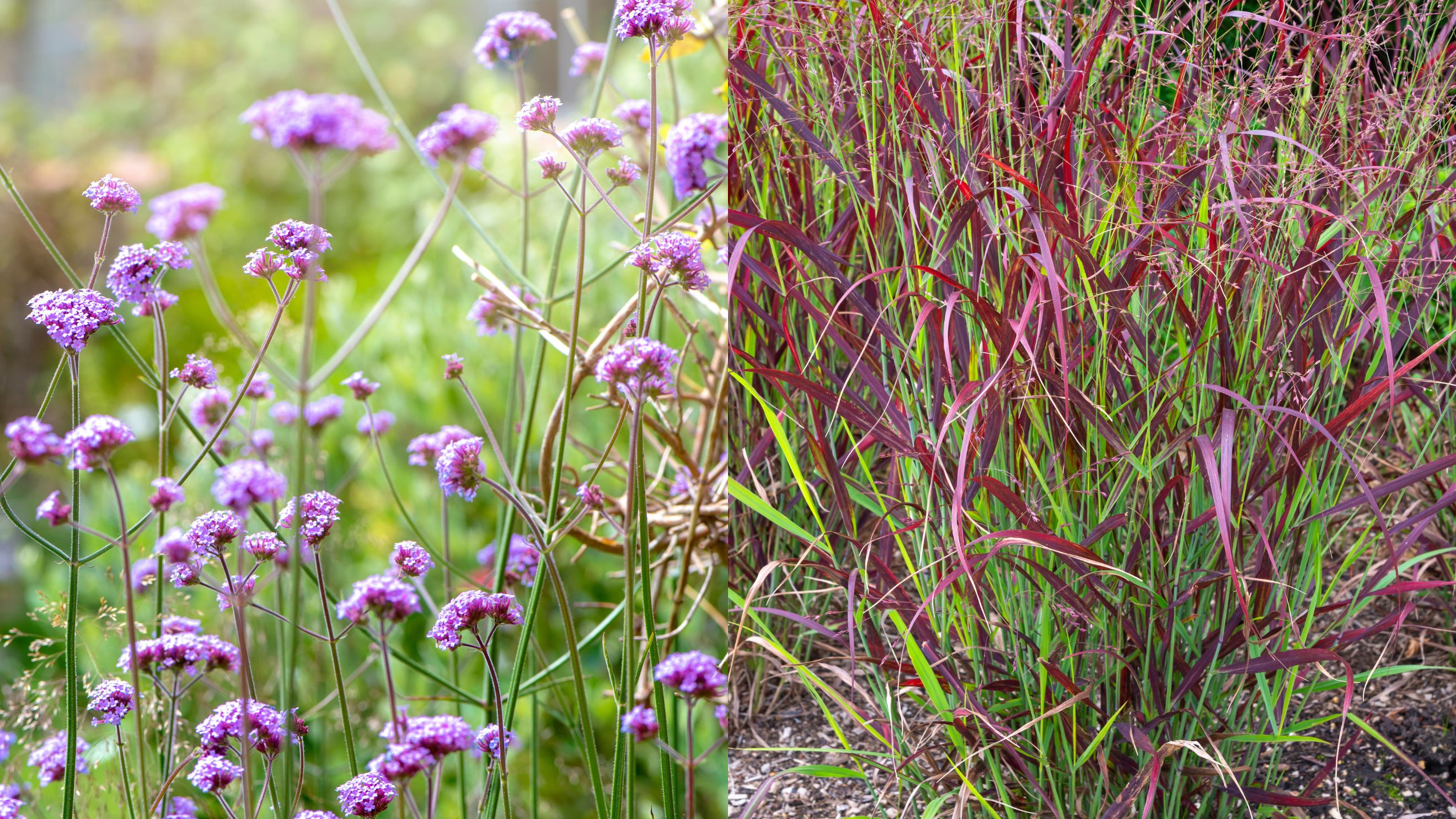
Pictured left is the Verbena plant and on the right, Panicum.
Whilst there are already some plants you should never deadhead or prune, these are crucial for an array of bird species through the winter.
"For soft-bill species of garden bird, like Robin, Blackbird and Dunnock, the cover of the steadily rotting down growth means that the soil below is less likely to get frozen, and with this, there’ll be worms and other invertebrates to eat," Lucy explains.
She adds, "But the other major benefit is for birds which rely on seeds during the winter months, these include Goldfinch, Chaffinch and Bullfinch. So if the seed heads remain on the plants, then birds will be able to access them."
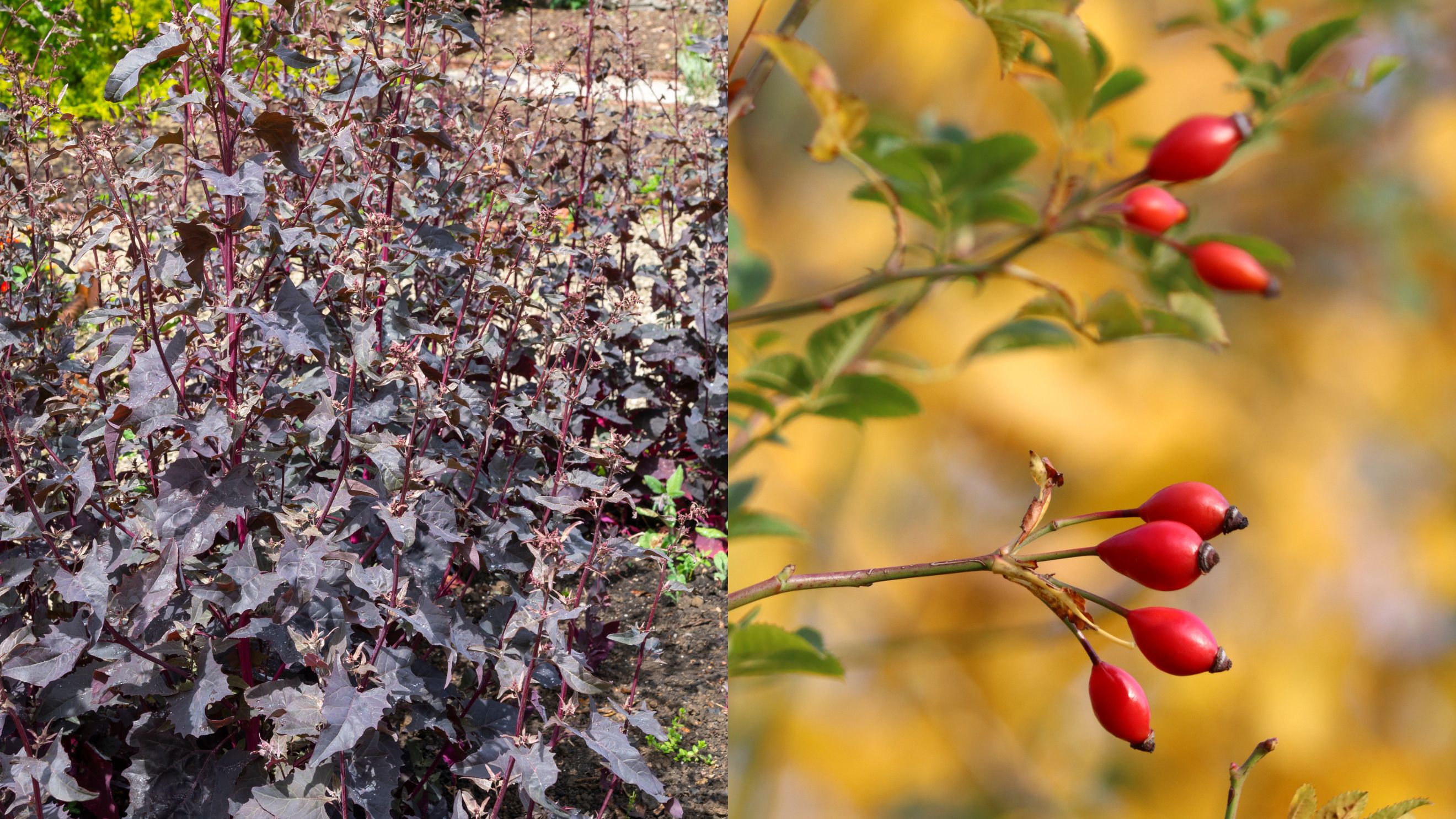
On the left is Red Orache, also known as mountain spinach, pictured on the right is the Rosehip tree.
If you're interested in the rewilding garden trend this is a great way to do it, and knowing which plants to keep around will make the process so much easier.
"There are many varieties of common garden plant with seeds which birds will eat, with notable ones being Verbena, Panicum, Red Orache and Loves Lies Bleeding – though this plant is an annual rather than perennial," says Lucy.
Shrubs and trees that provide berries will attract a whole different group of birds and are even more important to leave unpruned this season.
"These will attract species of thrush including Blackbird, Redwing, Fieldfare and Mistle thrush," explains Lucy. "So it’s important not to carry out any pruning whilst the tree or shrub still has berries on it."
"Rosehips, which are classified as a fruit rather than berry, are also eaten by birds, with an interesting example being Greenfinches which will feast on the seeds within the rosehip of the ornamental Rosa Rugosa."
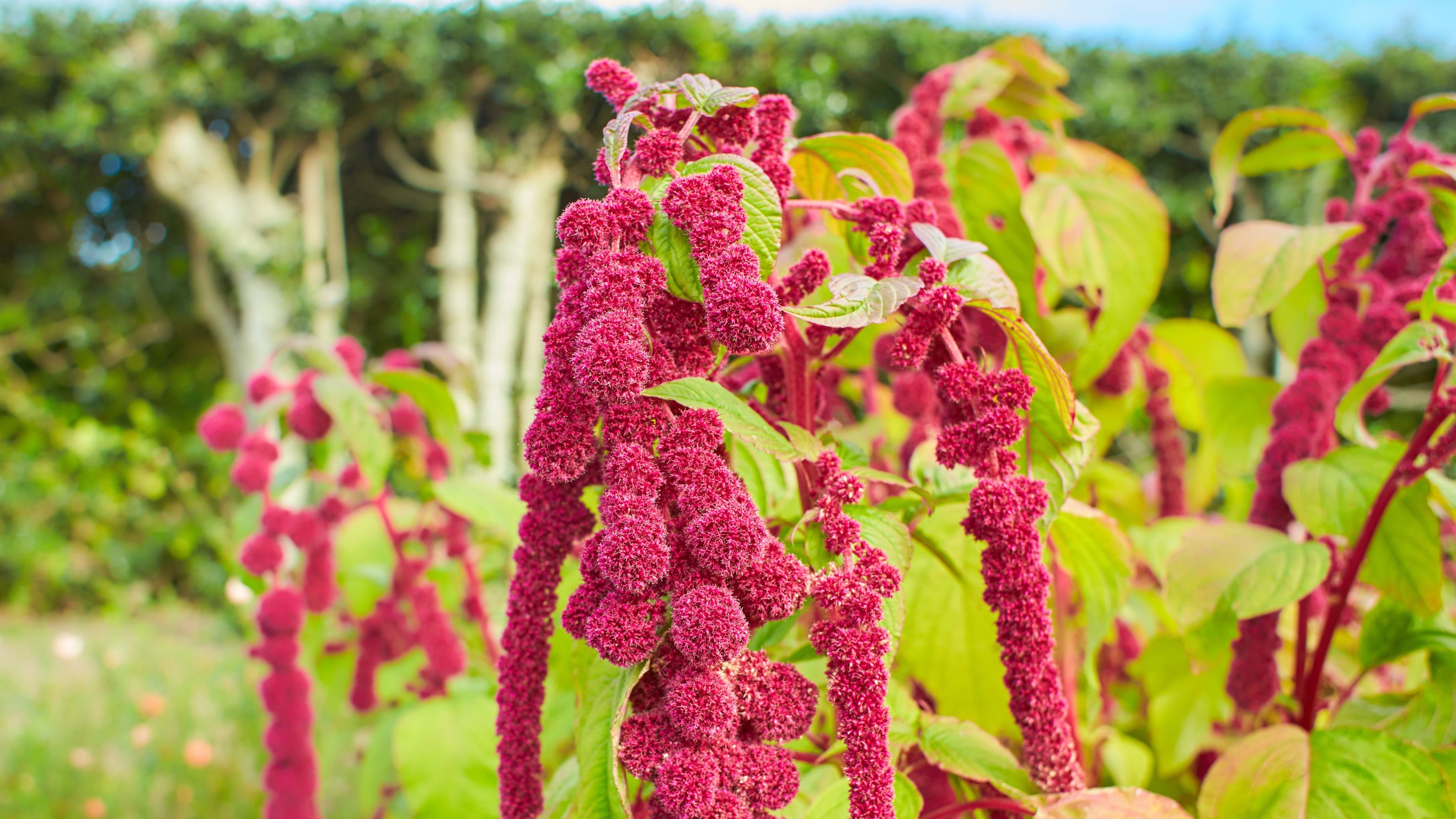
The Love-Lies-Bleeding plant in full bloom.
Along with not pruning certain plants, garden experts warn against raking fallen leaves this autumn and winter. Once again fallen leaves provide many benefits for wildlife, as well as the health of your garden.
If you're not quite ready to embrace the overgrown garden trend there are other ways to help birds this winter. By providing safe and nutritious food alongside appropriate shelter you'll have more feathered visitors when the sun finally returns.
Shop bird-friendly food and feeders
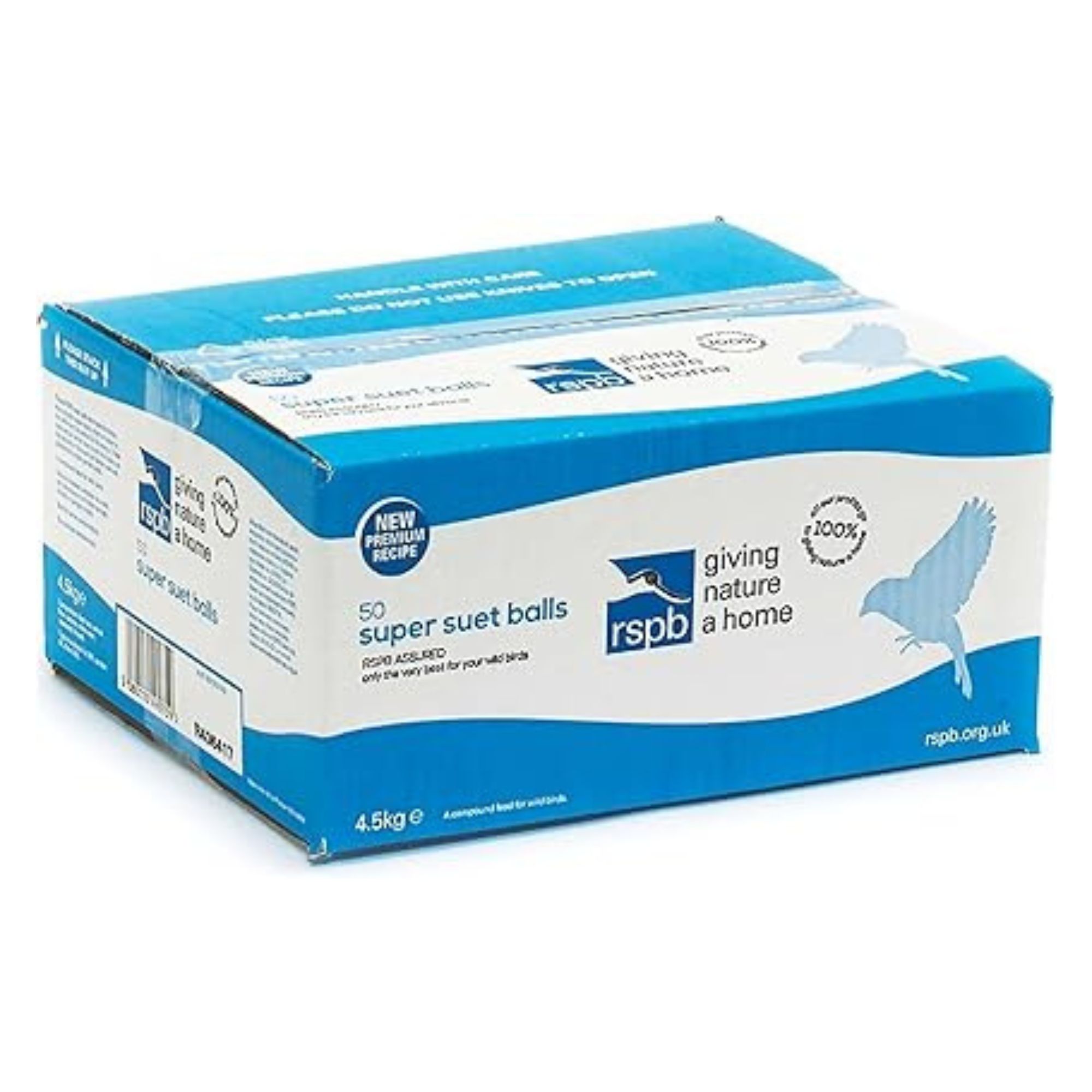
RRP: £15 | This pack of 50 fat balls provides brilliant energy-rich treats for all birds with a nutritious blend of suet, wheat flour, peanut flour, millet seed, rapeseed and linseed. Plus they're from the RSPB, a charity dedicated to bird conservation.

RRP: £5.50 | The best way to feed birds peanuts is to use a trusted source that doesn't contain any salt - such as these best-selling RSPB premium peanuts. Like Monty mentions you need to avoid providing the birds with any food too salty as it's very unhealthy for them.
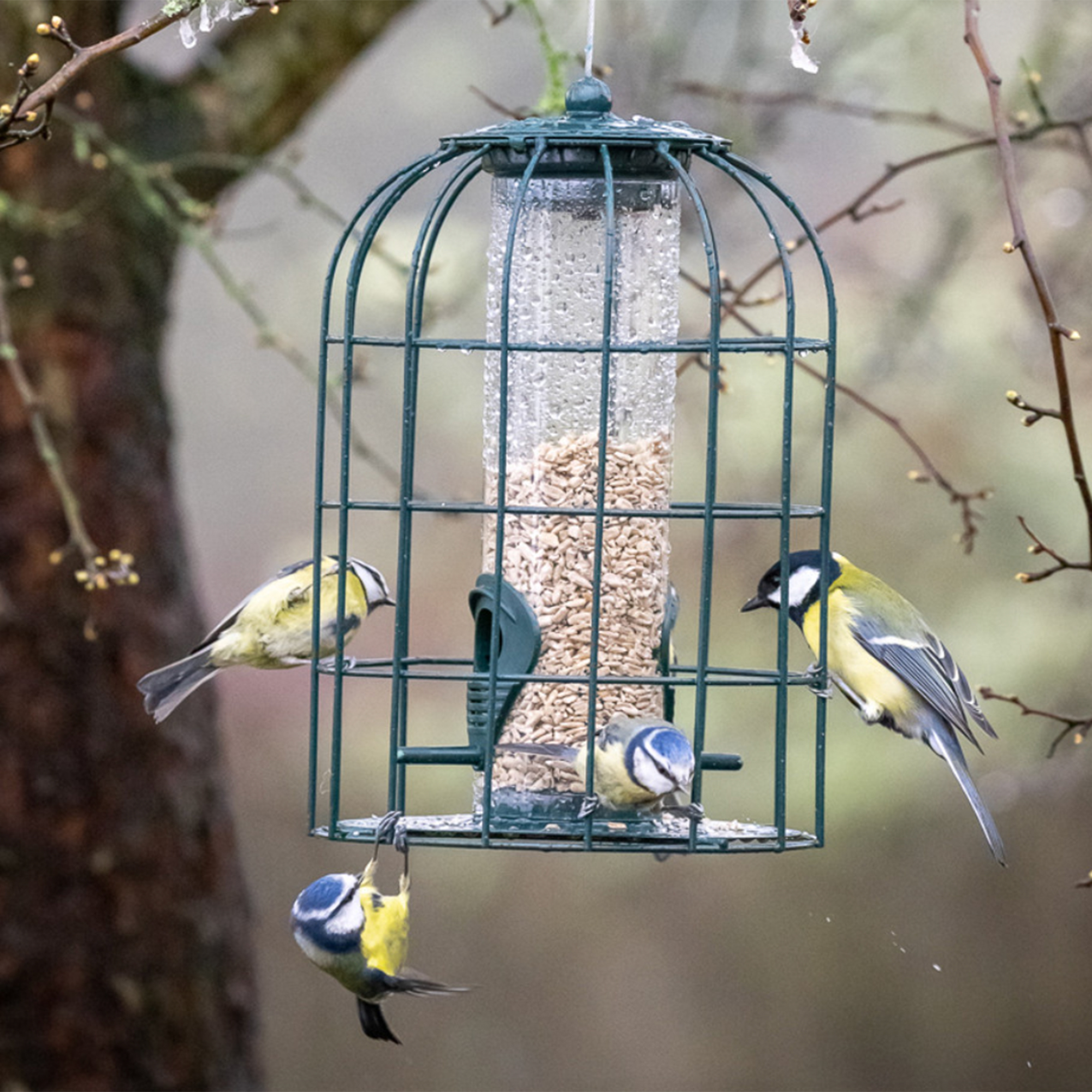
RRP: £24.95 | Entice birds into your garden by providing a safe space to perch and eat, a place free from squirrels eating their food. Keeping squirrels out of your garden can seem impossible so this is helpful for making sure the birds are still fed.
Using more sustainable garden ideas like these will keep gardening more affordable and less wasteful, which is always a good thing in our eyes.

Emily joined woman&home as a staff writer after finishing her MA in Magazine Journalism from City University in 2023. After writing various health and news content, she now specialises in lifestyle, covering unique cleaning hacks, gardening how-tos, and everything to help your houseplants thrive.
-
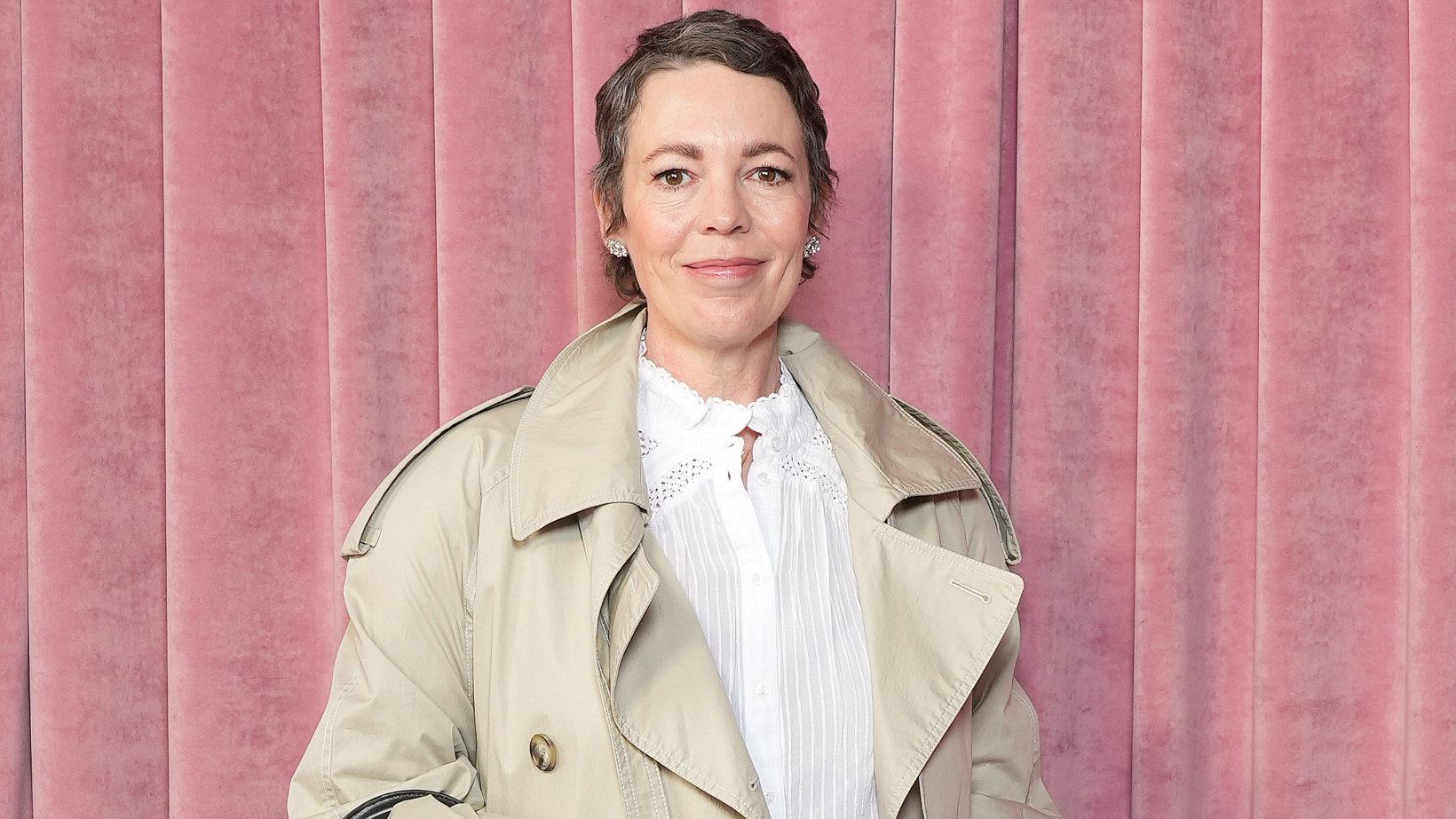 Yes, a trench coat really is a spring essential - Olivia Colman’s longline one completes a jeans and white top outfit in style
Yes, a trench coat really is a spring essential - Olivia Colman’s longline one completes a jeans and white top outfit in styleRegardless of how you style a trench coat, we’re convinced that they’re something everyone should have in their wardrobe for spring.
By Emma Shacklock Published
-
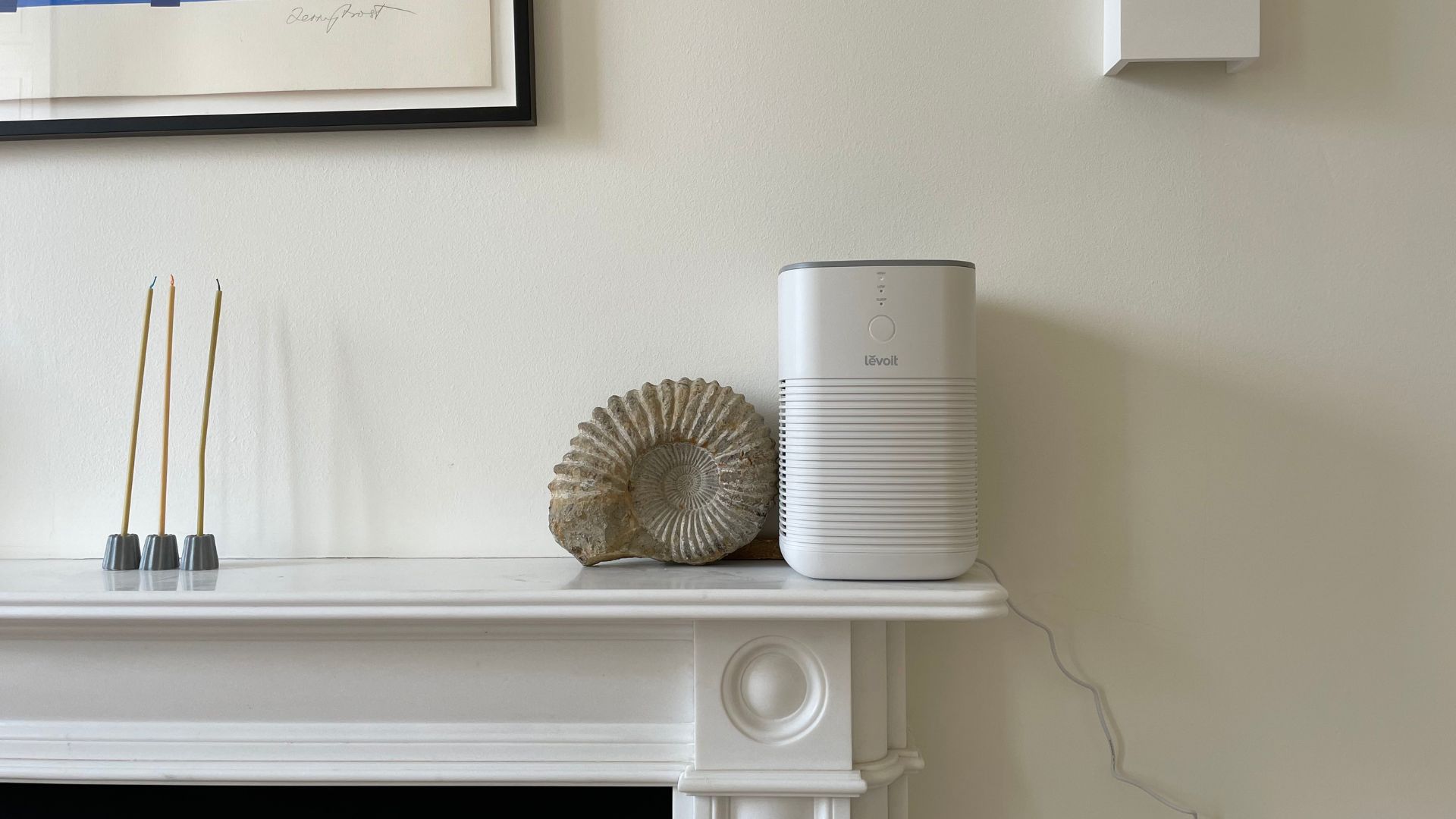 Quiet, compact, and efficient, Levoit's air purifier is one of my favourite budget buys
Quiet, compact, and efficient, Levoit's air purifier is one of my favourite budget buysSimultaneously an air purifier and a desktop diffuser, the Levoit LV H128 Air Purifier is perfect for efficiently cleaning the air around you in your home
By Laura Honey Published
-
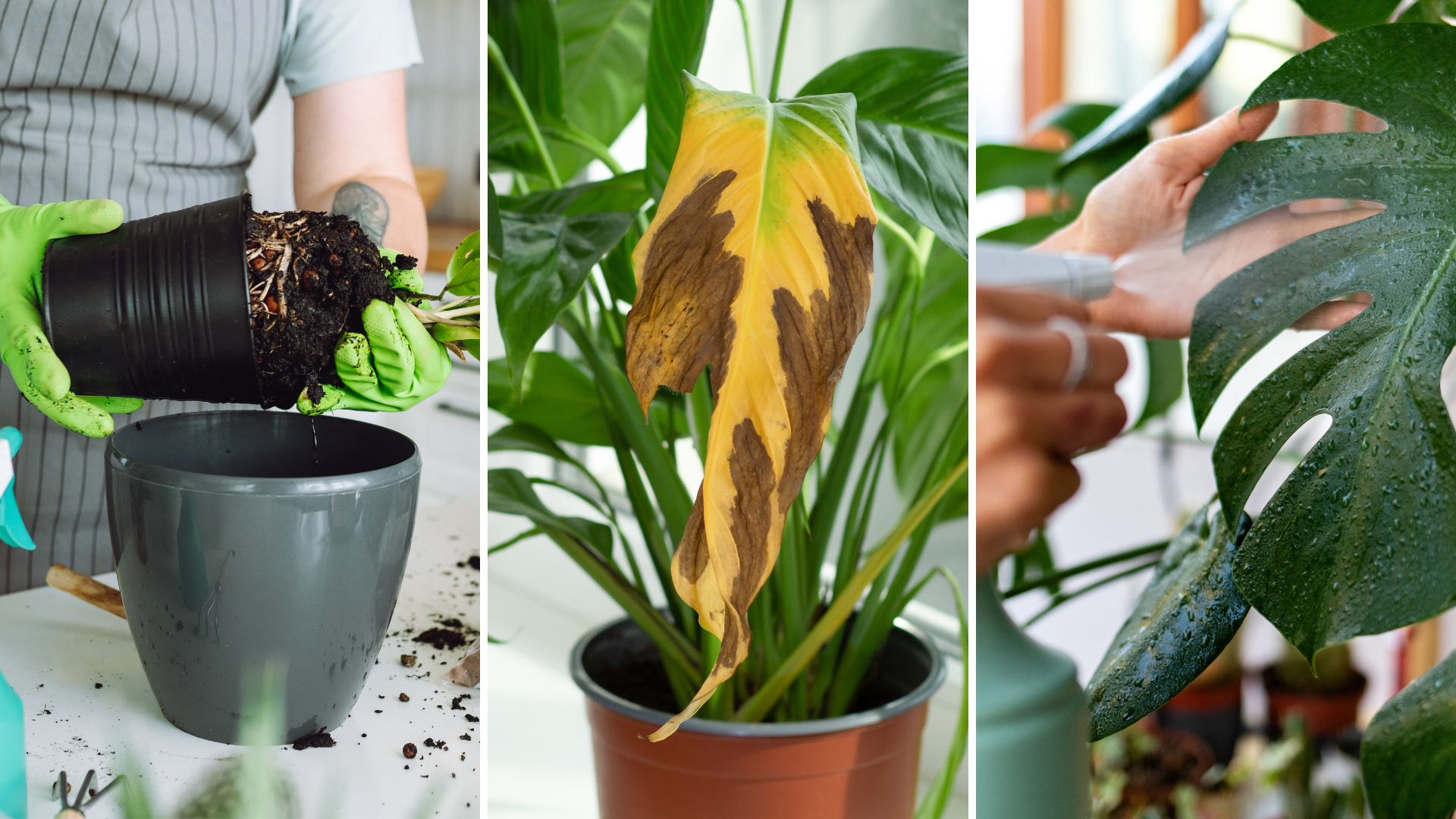 6 common houseplant myths to ignore, warn horticulture experts
6 common houseplant myths to ignore, warn horticulture expertsThese common misconceptions about caring for indoor plants might surprise you – they feel perfectly logical
By Emily Smith Published
-
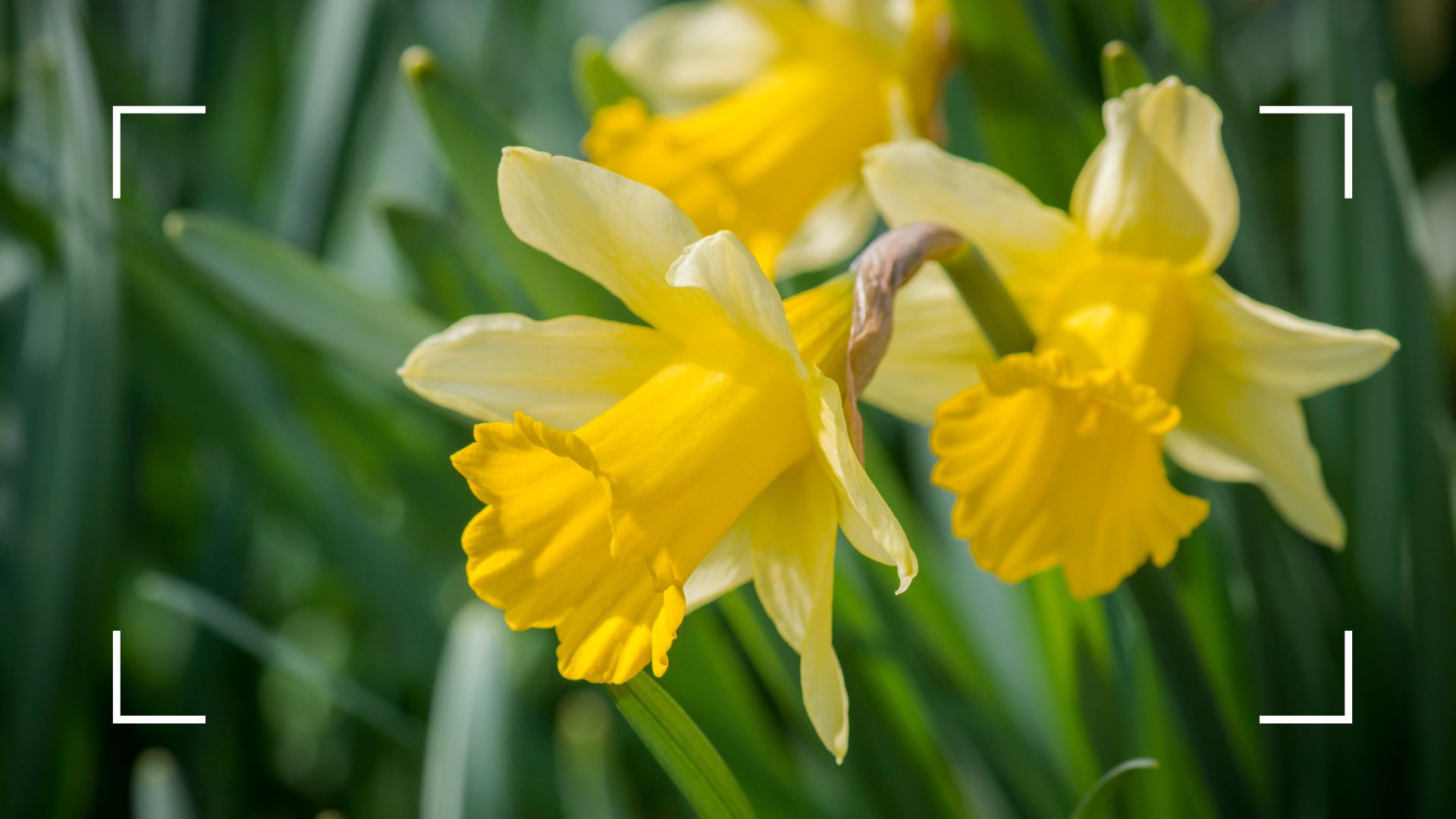 Should you deadhead daffodils? Gardening experts share their advice for longer-lasting blooms
Should you deadhead daffodils? Gardening experts share their advice for longer-lasting bloomsThese butter-yellow flowers are one of the first signs of spring, but should you deadhead or leave them be?
By Emily Smith Published
-
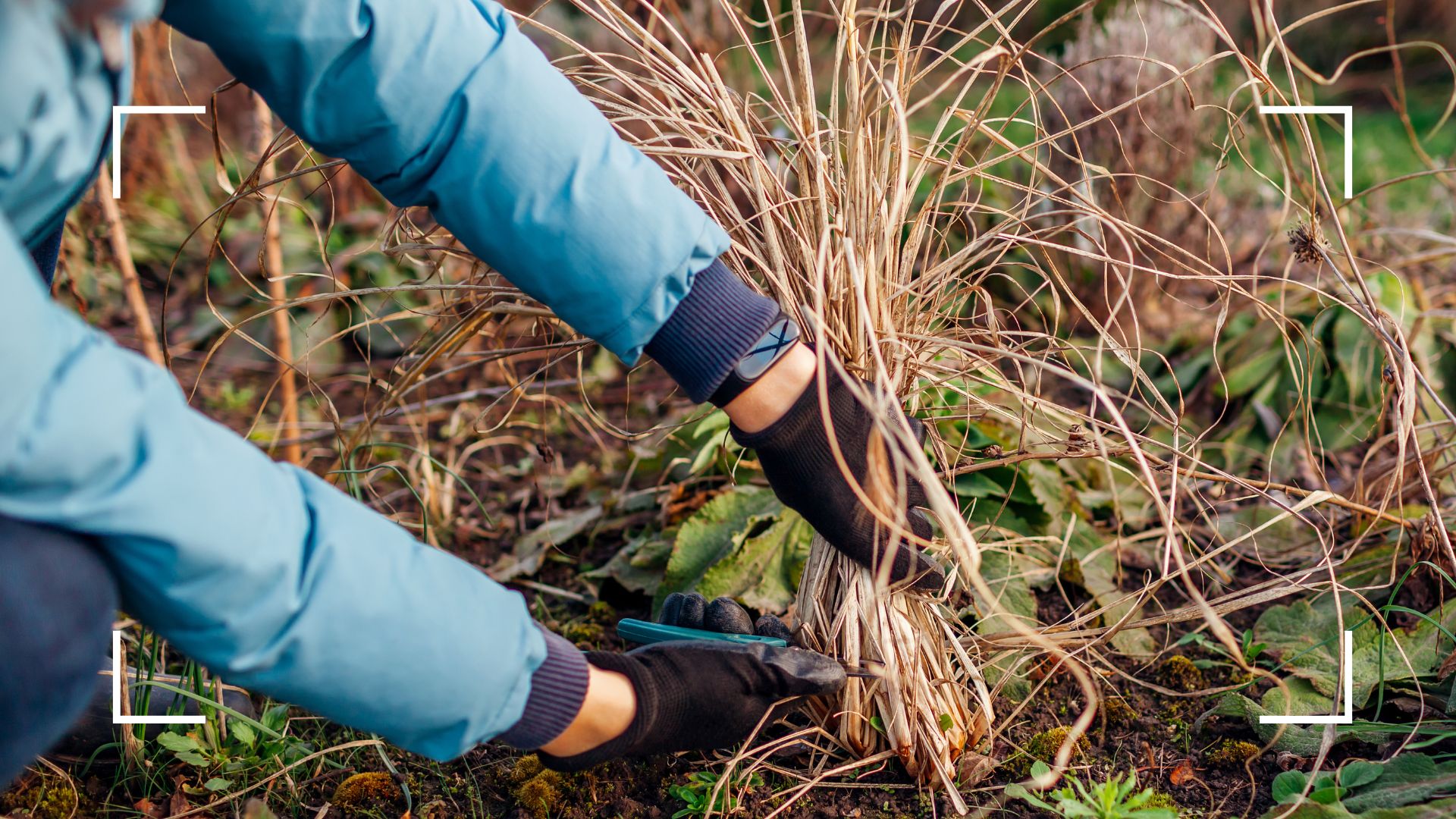 It's time to cut back ornamental grasses, and the expert team at Sarah Raven are here to help
It's time to cut back ornamental grasses, and the expert team at Sarah Raven are here to helpWith spring well and truly here, the team share their top tips to get ornamental grasses ready for new growth
By Emily Smith Published
-
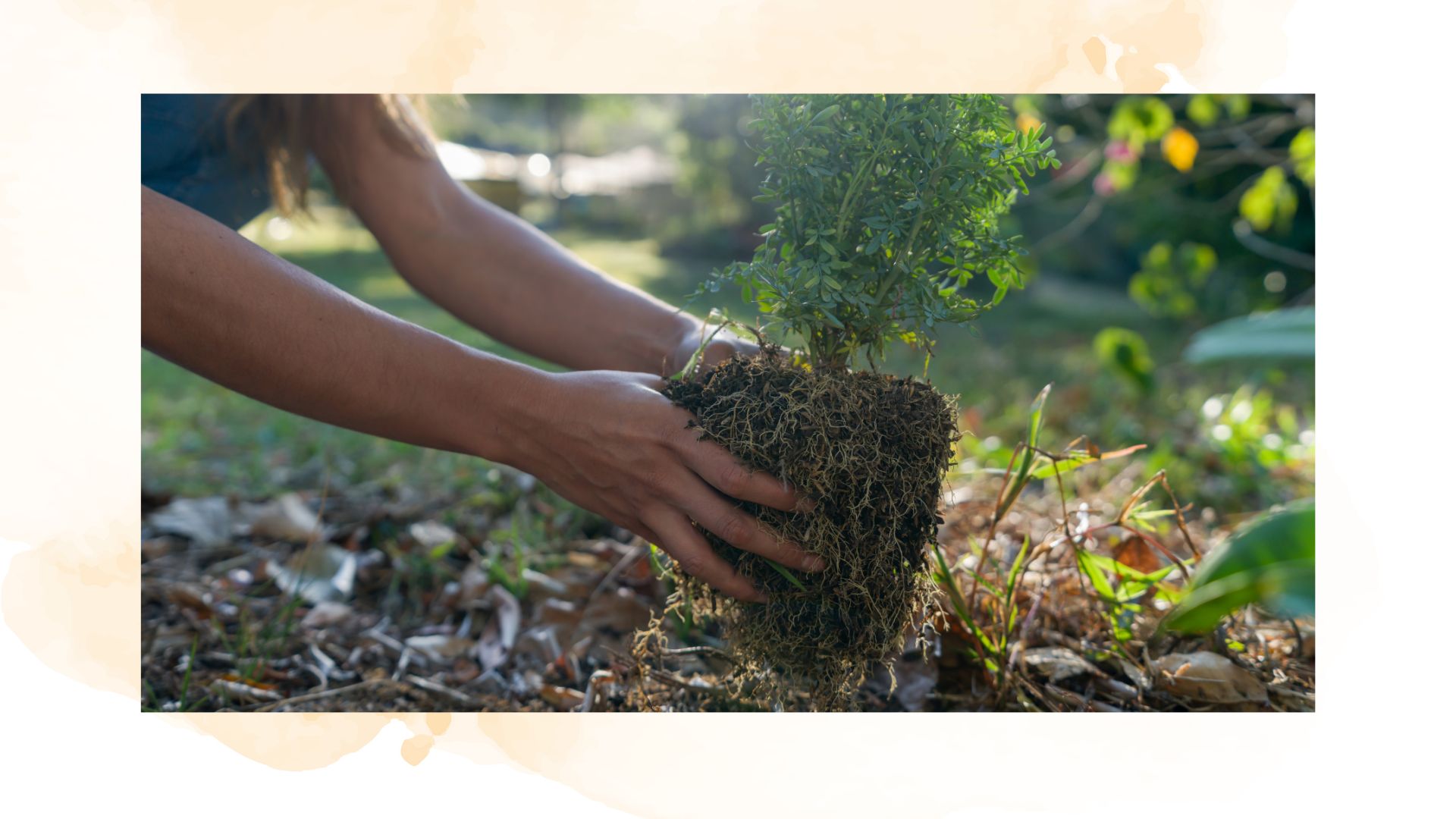 Monty Don's 'genius' planting trick gives outdoor plants the best chance of thriving
Monty Don's 'genius' planting trick gives outdoor plants the best chance of thrivingThis mess-free trick will make planting seamless - and give your plant a great headstart
By Emily Smith Published
-
 Aldi's on-trend pistachio green air fryer is just £29.99 – stylish and affordable, I had to get one
Aldi's on-trend pistachio green air fryer is just £29.99 – stylish and affordable, I had to get oneColourful, compact and cheaper than comparative models – all the ingredients that made this Aldi Specialbuy hard to resist
By Tamara Kelly Published
-
 5 simple changes you can make to lower your home insurance premium, reveals an indemnity expert
5 simple changes you can make to lower your home insurance premium, reveals an indemnity expertWhether you're looking to cut costs or improve security, these savvy tricks can help with both
By Emily Smith Published
-
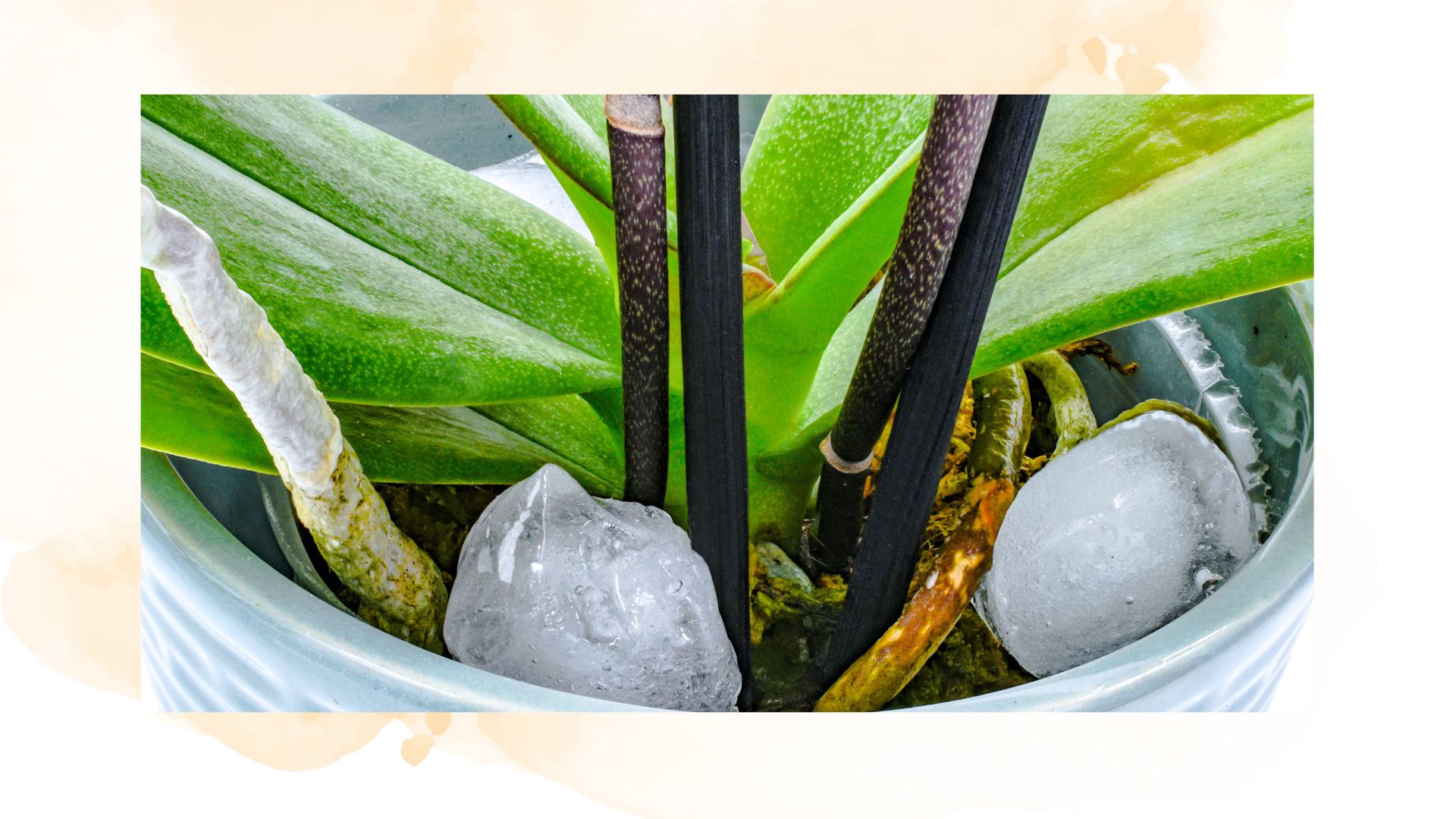 Is the controversial orchid ice cube watering trick genius or problematic? Plant experts settle the debate
Is the controversial orchid ice cube watering trick genius or problematic? Plant experts settle the debateWill this hack benefit your vulnerable orchid or be the reason for its demise? Houseplant experts have revealed the answer
By Emily Smith Published
-
 Interior Design Trends 2025 – 7 key looks for spring, to give your decor a seasonal refresh
Interior Design Trends 2025 – 7 key looks for spring, to give your decor a seasonal refreshFrom elegant neutrals to uplifting brights, welcome the new season with our round-up of the key trends for your home
By Tamara Kelly Published